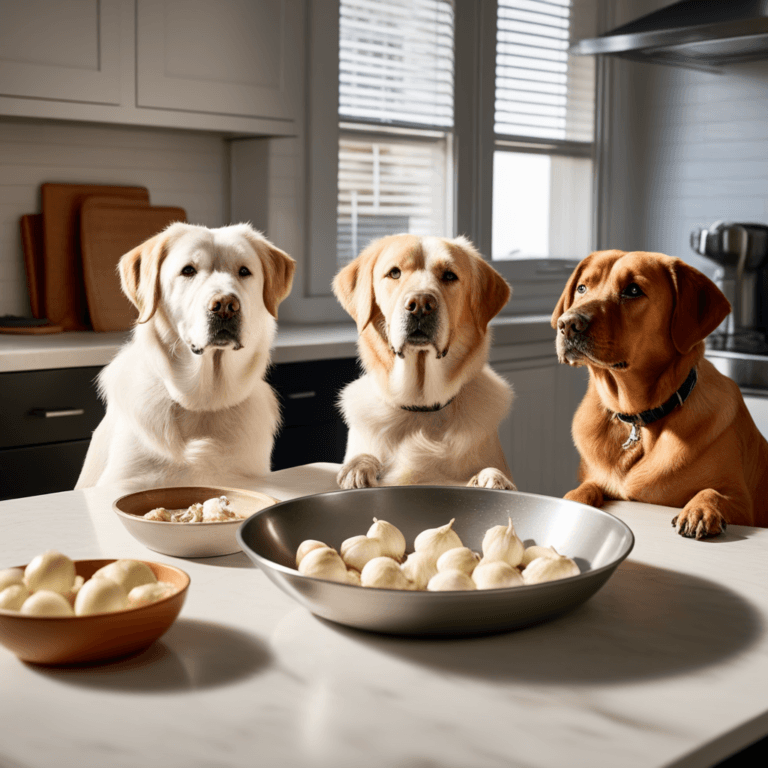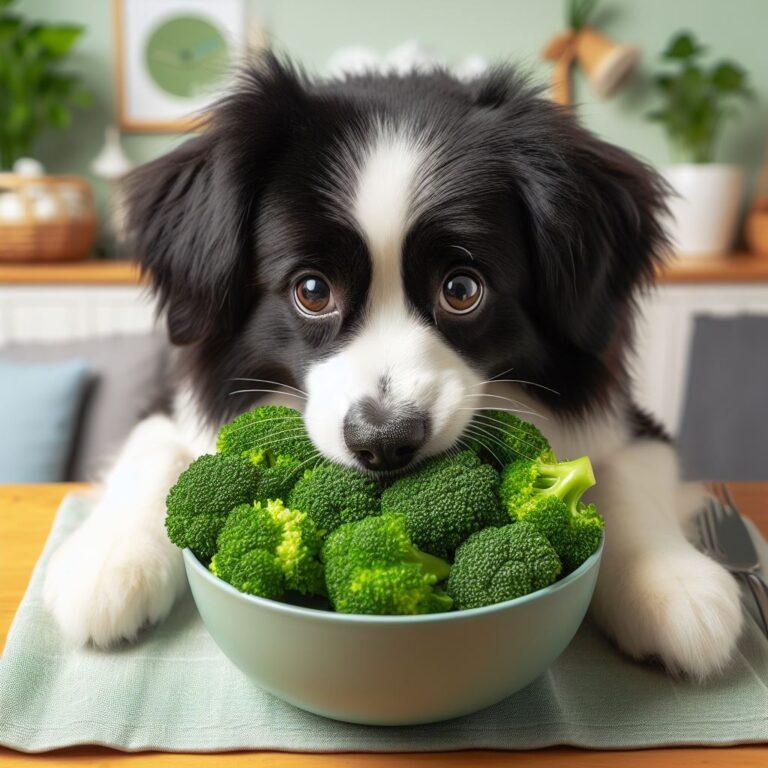Can Dogs Safely Eat Chocolate
No, dogs cannot safely eat chocolate. It contains toxic substances, namely theobromine and caffeine, which will considerably harm a dog’s health. These substances affect a dog’s nervous system, heart, and kidneys. Ingestion of chocolate can lead to symptoms such as vomiting, diarrhea, increased heart rate, restlessness, and in severe cases, seizures or even death.
Humans can metabolize these compounds, but dogs process them much more slowly, allowing them to build up to toxic levels in their system. Even small amounts can cause adverse reactions.
If a dog eats chocolate, it is crucial to seek immediate veterinary attention.
The severity of the symptoms and the risk to a dog’s health depend on several factors, including the type and amount of chocolate consumed and the dog’s size.
Dark chocolate and unsweetened baking chocolate contain higher levels of theobromine and are therefore more dangerous to dogs.
In case a dog ingests chocolate, take note of the type and amount eaten and report these details to a veterinarian.
Quick and accurate information can be life-saving, allowing for timely and effective treatment to counteract the poisoning.
Understanding Chocolate Toxicity in Dogs
I stress that it’s vital to understand why chocolate is so harmful to our canine companions. The danger lies in the specific substances found in chocolate: theobromine and caffeine.
These compounds belong to a class of chemicals known as methylxanthines, and they pose a serious threat to a dog’s health once ingested.
Dogs process theobromine and caffeine much slower than humans, allowing these toxins to build up to dangerous levels in their system. The darker and richer the chocolate, the higher the concentration of these dangerous compounds.
For instance, baker’s chocolate and dark chocolate contain a much larger dose of theobromine and caffeine per bite compared to milk chocolate.
The size of your dog also plays a crucial role in how chocolate affects them. Smaller breeds can experience toxicity symptoms from a much smaller amount of chocolate.
However, no matter the size, no amount of chocolate is considered safe for any dog.
Some of the immediate health effects include vomiting, diarrhea, restlessness, increased urination, and symptoms of nervous system involvement such as tremors, seizures, and in severe cases, even death.
For any dog owner, knowing these signs can be critical.
It’s not just about the short-term effects either. Regular ingestion of chocolate can lead to long-term issues such as heart damage and ongoing gastrointestinal problems.
To prevent searching through the medicine cabinet or an unwanted emergency vet visit, dog owners need to practice active prevention.
Storing your chocolate in secure places and being mindful during holidays and events when chocolate is more accessible is crucial.
If you suspect your dog has consumed chocolate, the best course of action is to contact your veterinarian immediately.
Time is of the essence, and their advice could save your dog’s life.
They might recommend inducing vomiting or coming in right away for them to administer activated charcoal, which can prevent the toxins from being absorbed into the bloodstream.
What Dog Owners Must Know About Chocolate
As a dog owner, you have a responsibility to ensure the safety and well-being of your furry friend. This includes being vigilant about what foods they can access.
Educating everyone in the household about the danger of chocolate to dogs is crucial. Kids especially should understand why their beloved pet can’t share their chocolate treats.
Thankfully, there are plenty of dog-safe alternatives. Fresh slices of seedless apple, blueberries, bananas, cranberries, or even pumpkin are much safer and much more rewarding.
Being prepared for emergencies is essential. Know your vet’s phone number and the location of the nearest emergency clinic. Keep animal poison control contact information handy.
This could make all the difference if your dog consumes chocolate.
Remember, it’s not about inducing panic but promoting awareness. By spreading knowledge about the risks of chocolate, you help protect not only your own dog but others in the community as well.
Finally, hearing from those who have experienced this scare can be a sobering reminder to remain diligent. If you know someone whose dog accidentally ate chocolate, ask them to share their story.
It’s a powerful way to reinforce the message that when it comes to chocolate and dogs, the two should never mix.







